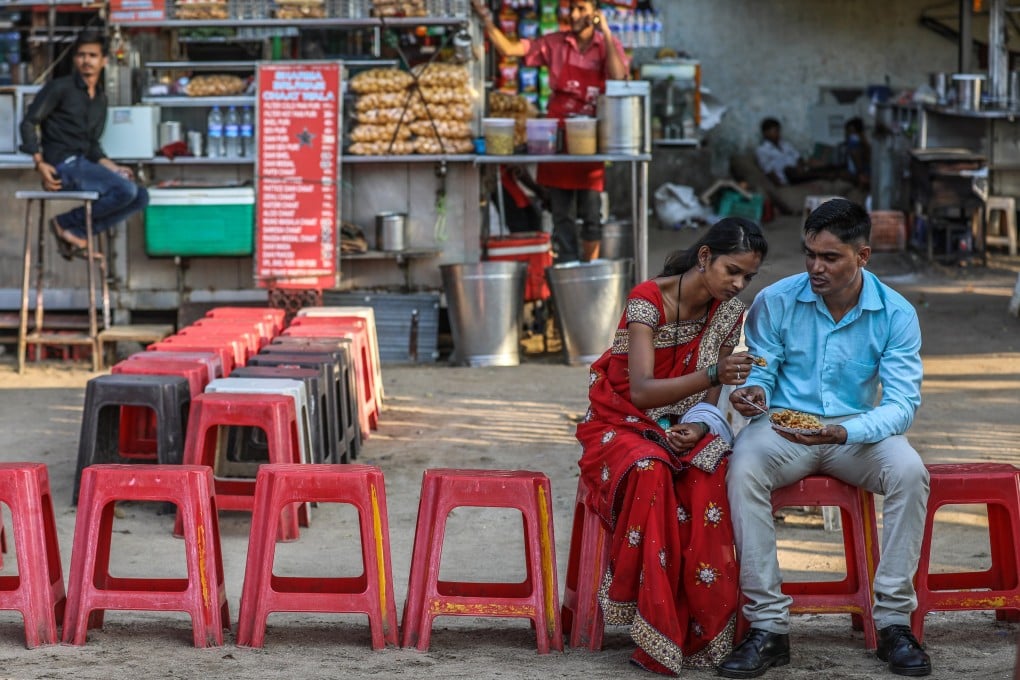Indian couples are struggling to conceive. Why is the world’s most populous nation facing this challenge?
- A recent study shows infertility affects roughly 10-14 per cent of Indian couples, and is more common in cities, where one out of every six couples is seeking help with conceiving
- While infertility still carries social stigma in many parts of India, more couples are turning to methods such as surrogacy, egg donations and IVF to tackle the issue

Sruti Das and her husband were part of the estimated one in six Indian couples who struggle with infertility. While they enjoyed an affluent lifestyle, she made the difficult choice to quit her high-paying but stressful job after she was diagnosed with polycystic ovary syndrome, to focus on one of the condition’s known treatments – getting fit and eating healthy.
It took her six years, but Das, 34, was eventually able to conceive and give birth to a healthy girl.
India, the world’s most populous nation, paradoxically has an infertility problem. Official data shows the total fertility rate (TFR) has dropped 20 per cent in the last 10 years to below replacement levels, while certain measures of infertility have increased in recent years, leading to increased demand for treatments such as in vitro fertilisation.
“Infertility is a serious health issue, affecting approximately 15 per cent of couples worldwide. Of 60–80 million infertile couples globally, between 15 million and 20 million [25 per cent] are in India alone,” said Dr Sulbha Arora, clinical director at the Nova IVF Fertility in Mumbai.
A country’s TFR refers to the average number of children a woman is expected to conceive. A falling TFR can be attributed to numerous factors, including increased economic opportunities for women, later marriages and increased infertility.
A 2021 study by the Indian Society of Assisted Reproduction highlighted that infertility affects roughly 10-14 per cent of Indian couples, and is more common in cities, where one out of every six couples is seeking help with conceiving.
Another study published last year by the PLOS One journal, based on data from National Family Health Surveys, found that secondary infertility among Indian couples increased from 19.5 per cent in 1992-1993 to 28.6 per cent in 2015-2016. Secondary infertility refers to a couple’s inability of a couple to conceive another child after already having one.

